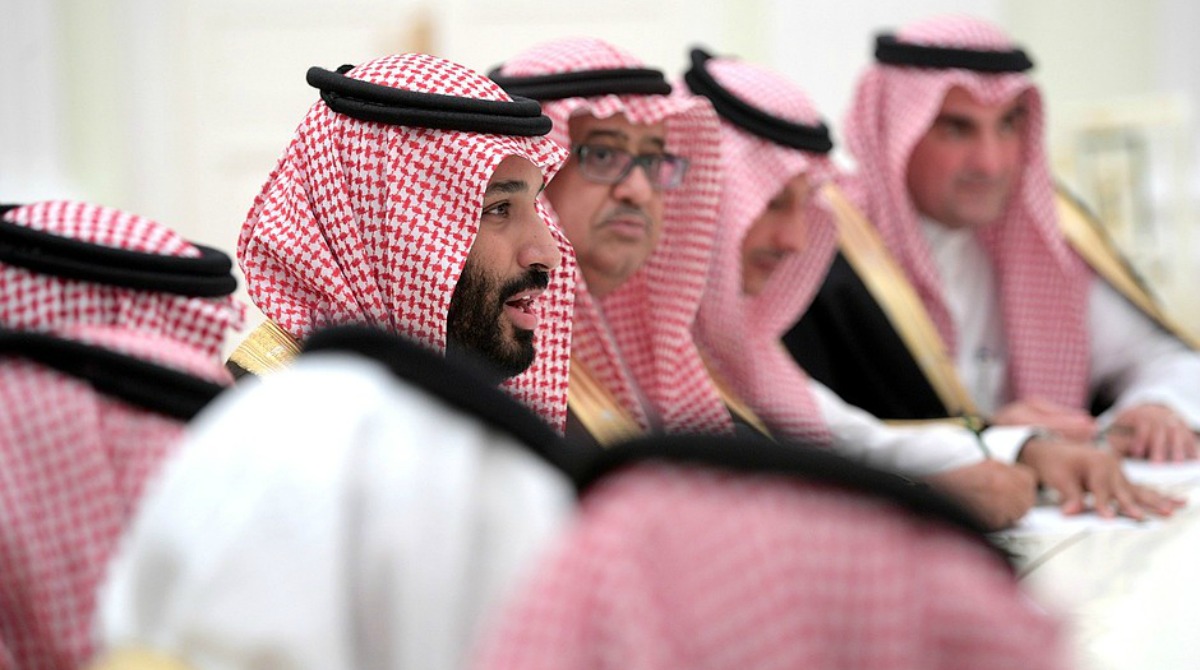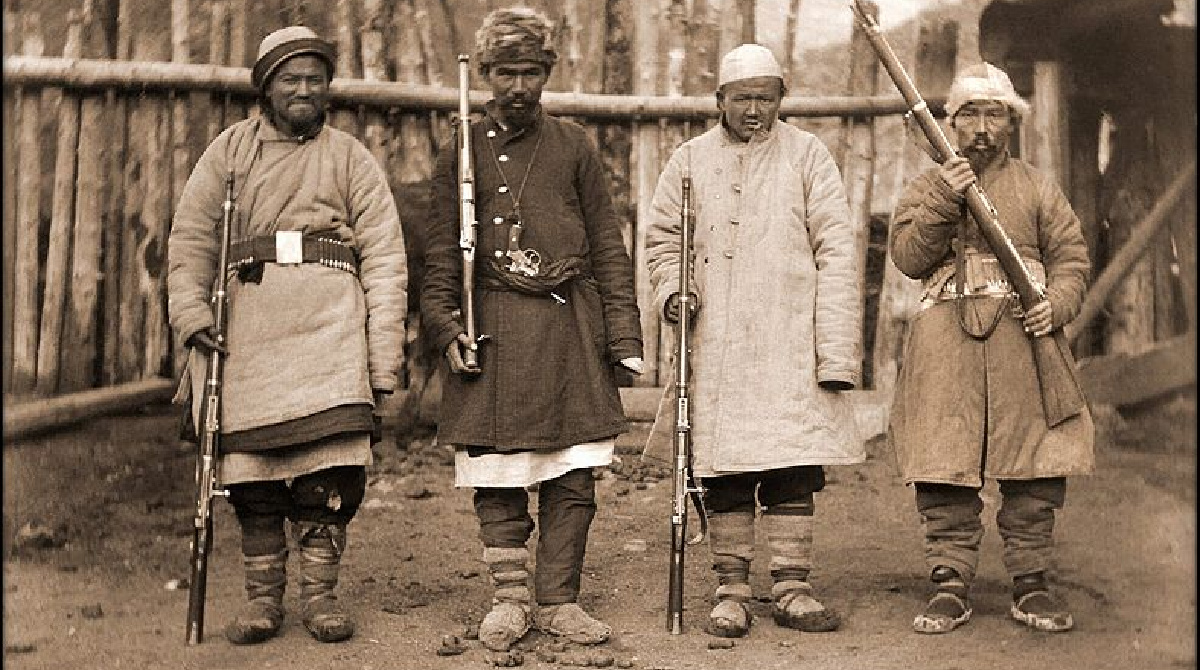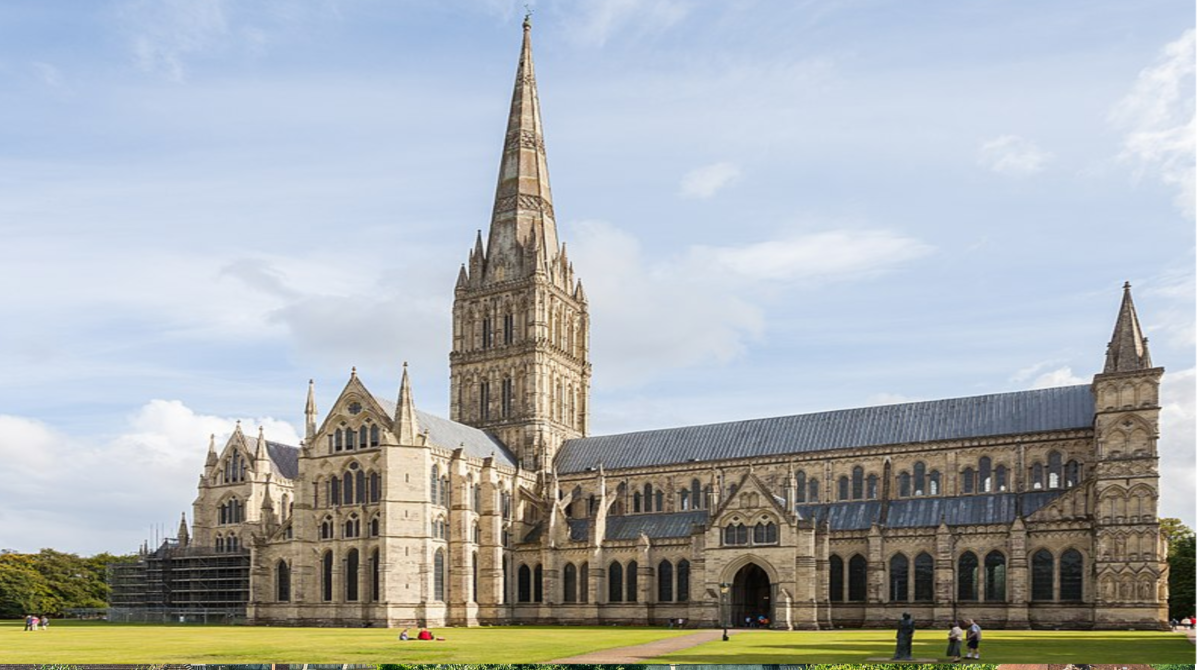Our Saudi Arabian frenemy
Saudi Arabia is our new best friend, right? Unfortunately, no. But my goodness, it’s complicated.
The Arab and Muslim world is in flux and chaos. The need to halt Iran’s drive for regional hegemony, and the resulting Shia dominance over the Sunni Islamic world, has driven the Saudis into a tacit alliance not only with America but also, even more remarkably, with Israel.
With the UAE, the Saudis are now also leading an economic and diplomatic boycott of Qatar, the Sunni Gulf state which is nevertheless allied to Shia Iran and which the Saudis rightly accuse of being behind much of global terrorism.
At the same time, the designated succession to the Saudi throne has passed to a known reformer, Prince Muhammad bin Salman. The new crown prince reportedly wants to drag his country into the modern era in order to survive. That means reforming its economy and giving women more freedom.
The only question that really matters, though, is whether this young princely reformer will put Saudi money and influence behind the defeat of the fanatical Wahhabi Islam that his country helped promote, and through which Saudi Arabia has fueled the export of Islamic cultural conquest, terrorism and holy war across the globe.
The answer to that one is surely: in your dreams.
In Britain, the security service says there are 23,000 known home-grown Islamist extremists. This is likely to be a significant underestimate.
A report published this week by the Henry Jackson Society says foreign funding for Islamist extremism in Britain primarily comes from Saudi Arabia. It funds extremist mosques and other religious institutions and charities as well as extremist school textbooks.
As the report says, the kingdom is the fount of global Sunni Islamic radicalization. Over the past 30 years, it has spent at least £67 billion on promoting its hard-line Wahhabi interpretation of Islam around the world. In 2007 it was estimated to be spending at least $2b.annually on doing so. By 2015 that figure was believed to have doubled.
For years the kingdom supported the Muslim Brotherhood, the global Wahhabi organization whose aim is to infiltrate and Islamize the West and which gave rise to al-Qaida and ISIS.
The Saudis started to suffer blowback, however, when the extremists – also known as Salafists – turned on the kingdom. As a result, it has now outlawed the Muslim Brotherhood, fights al-Qaida and ISIS and has developed anti-Islamist de-radicalization programs.
Not surprisingly, therefore, the Saudi government has furiously denied the Henry Jackson Society report’s allegations.
It insists that “we do not and will not condone the actions or ideology of violent extremism and we will not rest until these deviants and their organizations are destroyed.”
In this very wording, however, lies the problem. In the Islamic world, “deviant” and “extremism” mean different things to different sects. With definitions of orthodoxy which are in conflict with each other, Saudi Arabia and the jihadi groups it opposes accuse each other of deviating from the correct path of Islam.
The extremist Salafi strain itself consists of different sub-groupings. The “quietists” avoid political engagement; the “revolutionaries” mobilize Muslims to fight a war of attrition against the West; and the “jihadists” wage violent holy war. Yet they all have the same extremist theological roots.
The result is that, while the Saudis may be fighting some Salafi groups that threaten the West, they may be supporting other Salafi groups that are hostile to the West but not to Saudi Arabia.
Through a combination of financial interests and the need to prop up the House of Saud for fear of something worse taking over, the British government has always gone to considerable lengths to avoid confronting Saudi Arabia over its sinister record.
Last year, prime minister David Cameron set up an investigation into the sources of foreign-funded extremism in the UK.
The current prime minister, Theresa May, has been sitting on this report for months. The government has admitted that it may never be published because its contents are “very sensitive.”
Which almost certainly means that it contains revelations about the extent of Islamist funding by Saudi Arabia, and maybe also by other Gulf states with significant financial investments in Britain.
The further complication is that Saudi Arabia has now become an important ally of Britain and the West against both strains of Islamic extremism – the Sunni Salafism of ISIS and al-Qaida, and the messianic Shi’ism which inspires the Islamic Republic of Iran.
Of the two, Iran poses by far the greater danger. Iran threatens Israel with genocide, has been in a self-declared war with the West since the regime took power in 1979 and is the leading state sponsor of terrorism around the world. Moreover, the Henry Jackson Society report names various extremist Shia centers in London with ties to the Iranian regime.
Iran presents the world’s principal terrorist threat. To fight it, the West needs Saudi support. Saudi Arabia, however, is itself a menace to the West. Yet it badly needs the West’s support. So now is the time to rein it in.
Britain should halt all foreign funding of mosques, university Islam departments and other Muslim institutions and charities. And it needs to outlaw the Muslim Brotherhood – just as Saudi Arabia has done.
My enemy’s enemy may be my friend; but sometimes it may be my enemy and my friend at one and the same time.




